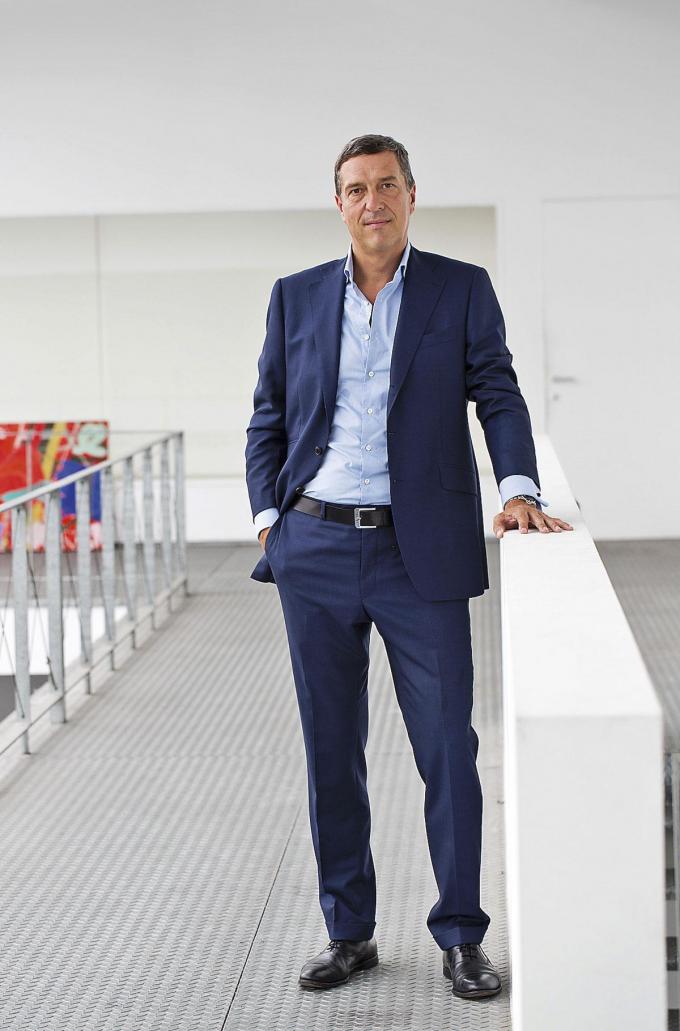The president of UPSI-BVS, Stéphane Verbeeck, believes that the office segment is set to see substantial mutations in the future, but that numerous opportunities are also going to emerge. This should provide players in the real estate sector with some interesting perspectives.
TRENDS-TENDANCES: In view of the circumstances, are you concerned about the future of office real estate in Belgium?
STEPHANE VERBEECK: No. Even though it is true that we are in a period of both dangers and opportunities. The evolution of this segment will principally depend on the profile of tenants. Where the public administrations are concerned, I think we are going to experience a major shift, with the increase in remote working becoming structural. This will bring with it substantial reductions in the amount of space occupied over the coming years. I am relatively worried about this particular segment because the impact will unfortunately be substantial. And all the more so as we are talking about very attractive occupants with long term leases. I am less pessimistic when it comes to the banks and semi-public institutions. They are going to rationalize their surface areas but also create new regional hubs – in the major cities such as Antwerp, Liège, Ghent, Louvain-la-Neuve, Louvain, Namur or Charleroi. For example: a Belgian bank previously possessed a 15,000 sqm building in the centre of Antwerp. The bank will now have three installations of 4,000 sqm to the north, south and east of the city. The focus from now on will be on the welcome and quality provided by the office space. The strategy of occupants will also be to re-launch coworking.
And the corporates….
There will be even more opportunities for these. Most of them are going to move towards offices with better energy performance. These decreases in the amount of space will enable the office to be totally re-thought out. These evolutions will involve moving into new projects. The office is therefore clearly not dead.
What is the current state of mind of developers active on the market?
The major landlords are busy adapting their strategies. For developers, there is less to worry about.
The issue of obtaining permits remains considerable. UPSI is working a lot on this. Are you seeing some improvements beginning to appear?
This depends on the region. Flanders has seen some positive progress over recent months. Particularly in terms of the ‘environmental effect report’. In Brussels, things remain complicated. The UPSI is taking part in several working groups allied to the revision of the RRU and the Cobat. But the real problem in Brussels involves the high number of parties to be consulted and the divergences of interest. Simplifying this aspect would represent real progress.
In Brussels, the Constitutional Court has created uncertainty around real estate projects when it comes to car parking. Projects which include more than 200 parking spaces will again be subject to impact studies. Can you see a positive outcome for this dossier on which you are working?
What is regrettable is the difference in vision between certain communes and the Region. These differences are being seen in numerous dossiers. In these cases, proposing quality infrastructures for soft mobility modes seems to me to be essential before reducing the space occupied by cars. It is important to have coherence in the decisions.
A prolongation of the reduction in VAT to 6% on demolitions / reconstructions in order to stimulate the economic recovery, is also at stake…
This is set to end on December 31st 2022. We believe that this leaves too little time in view of the delays in granting permits. Few developers will be able to take advantage of this. It therefore seems to us that it is important to prolong this period by two or three years. Or ideally, make this measure permanent… But I can’t see the Federal government being too enthusiastic about this… (smiles).
